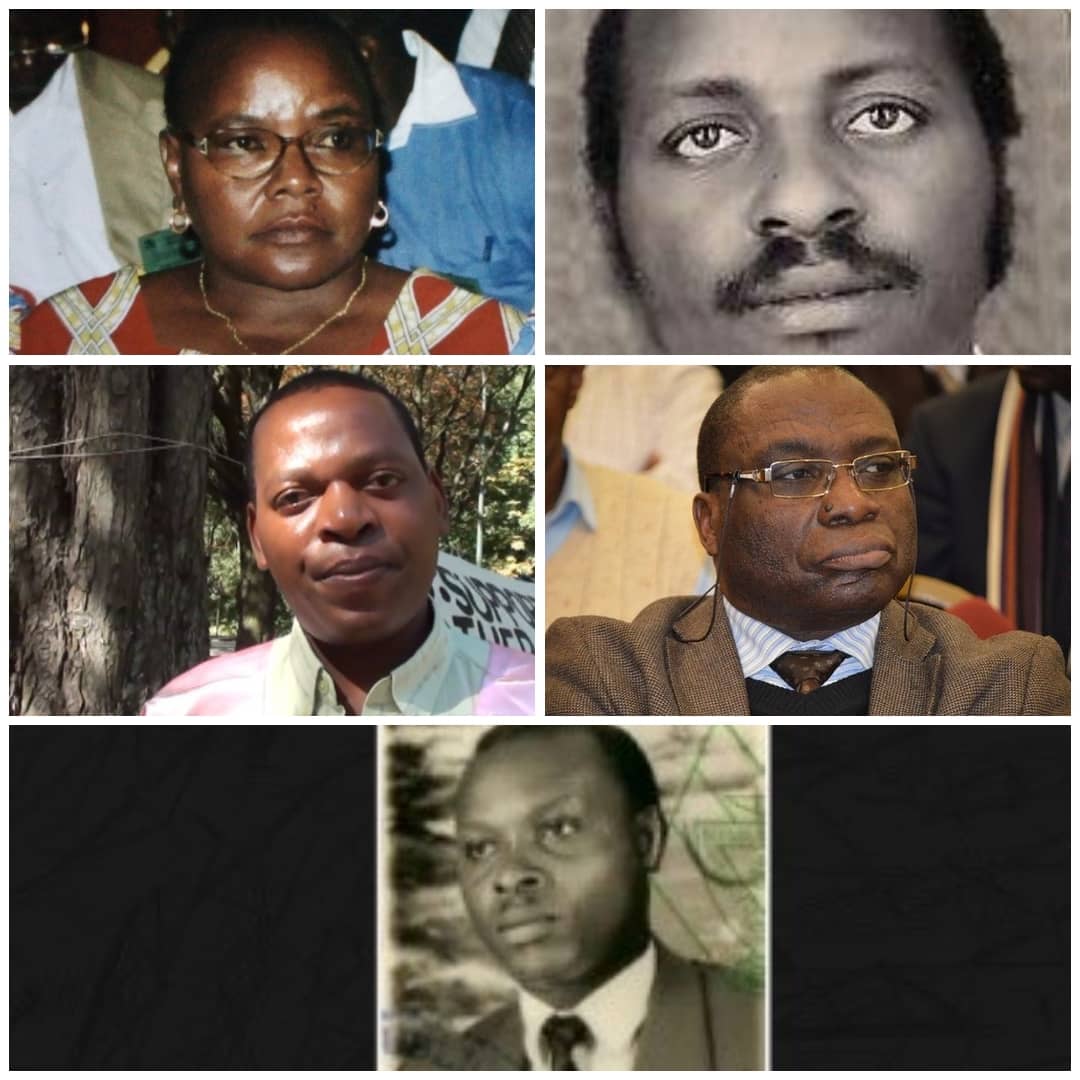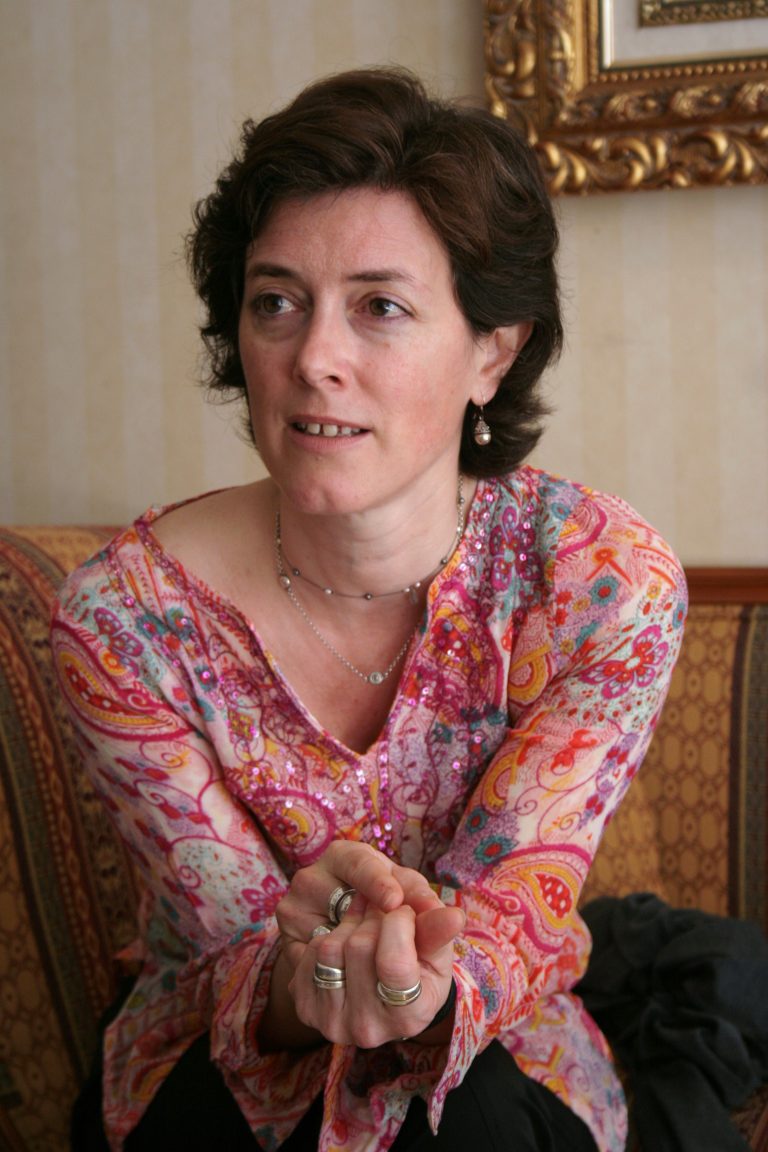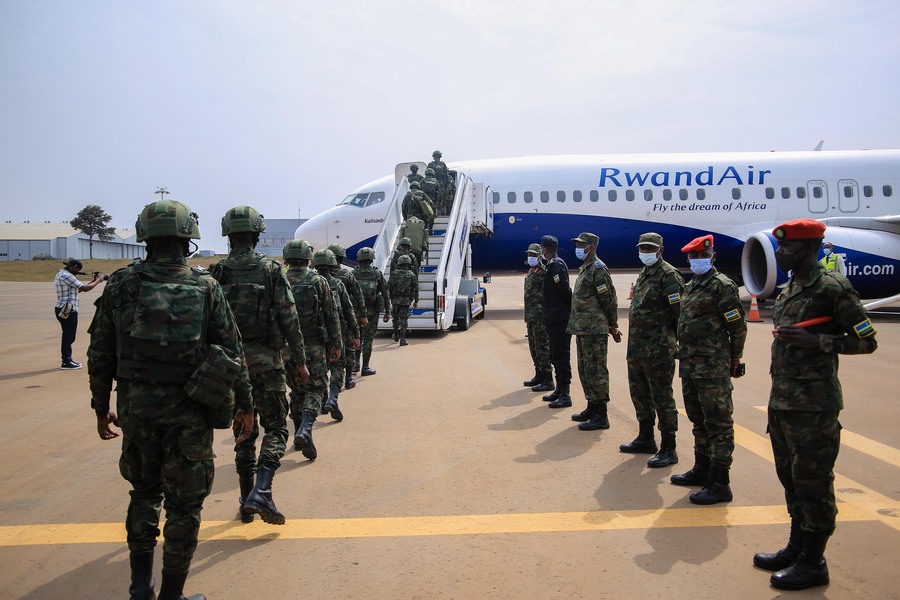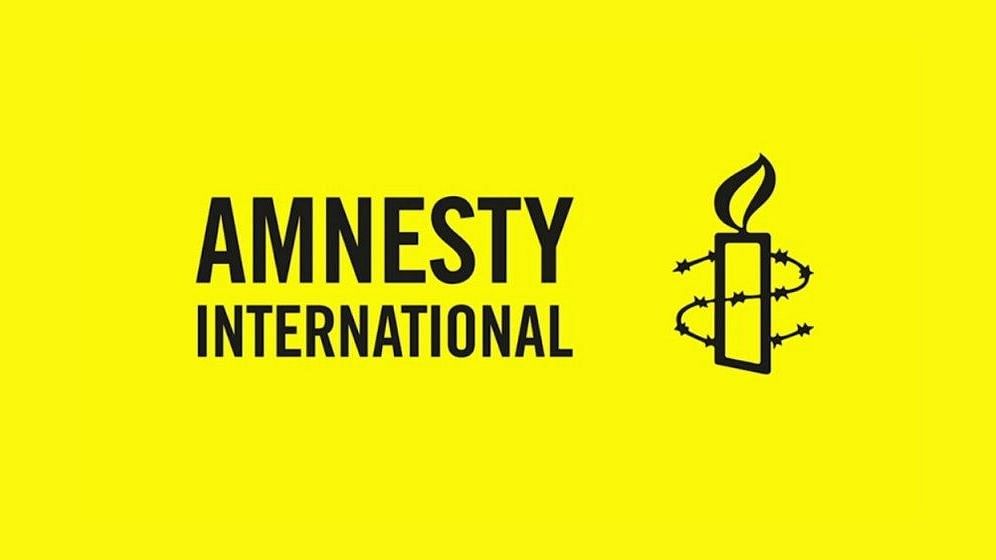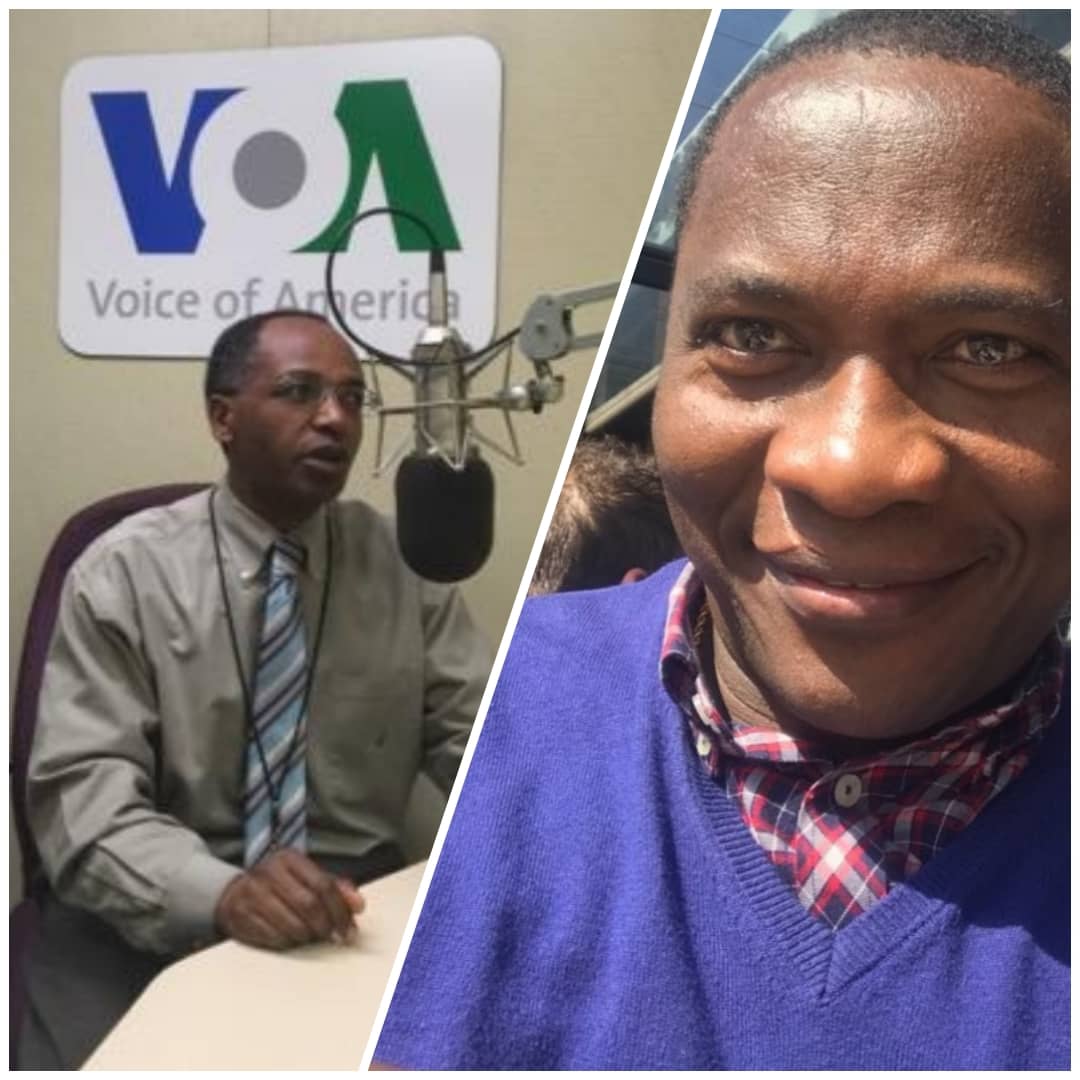International
Pegasus, Amnesty International and the Preservation of the World Order

On 19 July 2021,
Amnesty International made allegations that different countries were conducting
surveillance operations using the Pegasus software. Amnesty’s Secretary
General, Agnes Callamard, urged the Israeli firm, NSO Group, to “stop selling its equipment to countries with a track
record of putting human right defenders and journalists under unlawful
surveillance.” On the surface, Amnesty is doing what it says it
stands for: defending human rights. Upon close scrutiny, however, all it is
doing is reinforcing a dichotomy between those allowed to use and those
prohibited from using surveillance technologies, which suggests that Amnesty is
more preoccupied with preserving a “world order” built on an outdated
assumption of the west’s moral superiority over other peoples of the world.
The double
standards of Amnesty’s advocacy
It is quite remarkable, to say the least, that while the
majority of the 47 countries which the NSO Group acknowledges as its
clients are European countries, only Hungaria appeared among the
countries Amnesty International identified as “potential” users of Pegasus. No
other European nation is mentioned, as if their surveillance activities are
presumed to be lawful. Agnes Callamard’s statement suggests that these western
nations, which happen to be clients of the NSO Group, belong to a select club,
whose morality is supposedly self-evident and doesn’t need proving. These are
trusted to use the technology “responsibly,” while others, such as Morocco and
Rwanda, should simply never be allowed anywhere near that kind of
sophistication. The suggestion itself rests on slippery ground.
Very recently, on 25 May this year, Amnesty celebrated its win in a case it
had brought before the European Court of Human Rights, which ruled that the UK
government’s bulk interception of communications powers “did not contain
sufficient ‘end-to-end’ safeguards to provide adequate and effective guarantees
against arbitrariness and the risk of abuse.” In other words, the UK government
was secretly intercepting and processing the private communications of millions
of its citizens on a daily basis, long before Michela Wrong, a British novelist
with a fertile imagination, accused Rwanda of doing a similar thing, albeit
without comparable technological and financial means.
Prior to this European court ruling, on 3 September 2020, the US
Court of Appeals for the Ninth Circuit ruled that “the warrantless telephone dragnet that secretly collected
millions of Americans’ telephone records violated the Foreign Intelligence
Surveillance Act and may well have been unconstitutional,”
effectively terming NSA’s activities of mass surveillance as unlawful. Examples
of similar cases abound in many other western countries, such as France. However, none of these cases has
prompted Amnesty to ask these governments that engage in surveillance on a
scale an African country can only dream of to halt their activities altogether.
Neither did revelations that the Trump administration, just like the Obama
administration before it, spied on journalists prompt Amnesty
International to put the US on its black list of “irresponsible” countries.
Instead, the emphasis is put on the lawful use of these technologies as a means
to fight terrorism, and relevant self-regulatory mechanisms are recommended to
quell arbitrariness and the risk of abuse. This is because Amnesty does not
challenge these countries’ right to guarantee the safety of their citizens and
to gather all relevant information to achieve this constitution-binding
mission.
Siding with
terrorism in Africa
For Africa in general, and Rwanda among other countries targeted
for regime change, no such sovereign right to protect citizens is recognized.
Instead, Amnesty accuses these countries of violating the well-known but
unwritten rule prohibiting them from emulating their western counterparts in
specific areas. It appears this is the crime requiring reprimand. Consider
this. If Amnesty was not prohibiting emulating the west and if it had been able
to prove with credible and accessible evidence that these countries had used
the Pegasus software, the next step would have been to assess whether their
activities were lawful and motivated by credible security concerns. But only a
select group of western countries can claim this right to assess the appropriate
response to the risks they face; African countries are not allowed into that
club and Amnesty International is the gatekeeper. It is this gatekeeping role
that undermines its otherwise worthwhile endeavor in the event that policing
human rights was done without hypocrisy.
Can Africans be
targets of terrorism?
In the last two decades, Rwanda, just like the US, the UK or
France, has been the target of several terrorist attacks (in 2010, 2018, and 2019) which claimed the lives of innocent
civilians. Yet, Amnesty and its more corrupt sister, Human Rights Watch, continue
to act as if no one is responsible for these crimes. For instance, their
shameful advocacy, which obsesses over the method of the
arrest of Paul Rusesabagina, suggests that European precedents should not apply to Africans,
and undermines the quest for justice for the victims of Rusesabagina’s
FLN terror grouping is compounded with their active support of the smear
campaigns orchestrated by his daughter, Carine Kanimba, who, mocking the
victims of her father’s terrorism, had previously accused the government of
Rwanda of having created victims out of thin air.
“The attacks my father is being accused of, first of all,
we have evidence that these were led to (sic) false flags operations by the
Rwandan government in order to smear my father because they had seen the video,”
Carine told the Newsmaker, in an incoherent and cynical attempt to downplay the
damning evidence of Rusesabagina’s self-incriminatory recording in
which he took responsibility for the very terrorist attacks that had prompted
western diplomatic representations in Rwanda to issue travel warnings to their citizens. Still,
for Amnesty and Human Rights Watch, there is no shame in being associated with
supporters of terrorism in Africa.
Clearly, if these were organizations defending the human rights
of Africans, as they feign to do, they would be sitting in the courtroom
demanding justice for the victims. But they seem to have more urgent
issues. Like their colleagues, the “democracy promoters” scattered across the
continent, in the assertiveness of Rwanda and other non-western countries they
perceive a threat to their supervisory role in the international order.
“We also want to take our relationship to the next level in
terms of a common understanding of governance. The attitude of ‘adult
supervision’ has to be left in the past. Examples of bad or wrong conduct can
be found everywhere…there cannot be a mutually respectful partnership premised
on the unspoken assumption that one party lacks values, or has defective
values, while the other party is a fully-formed moral agent,”
President Kagame told participants in the 5th meeting of the High-level Group
of Personalities on Europe-Africa Relations. These remarks were meant for
political leaders in Europe, but they are also relevant for western “human
rights” organizations and “democracy” promoters because this attitude towards
Africa is pervasive across sectors.
In simpler terms, Rwanda and other African countries have the right to – and should – acquire whatever technological means necessary to guarantee the safety of their people.
Source:


